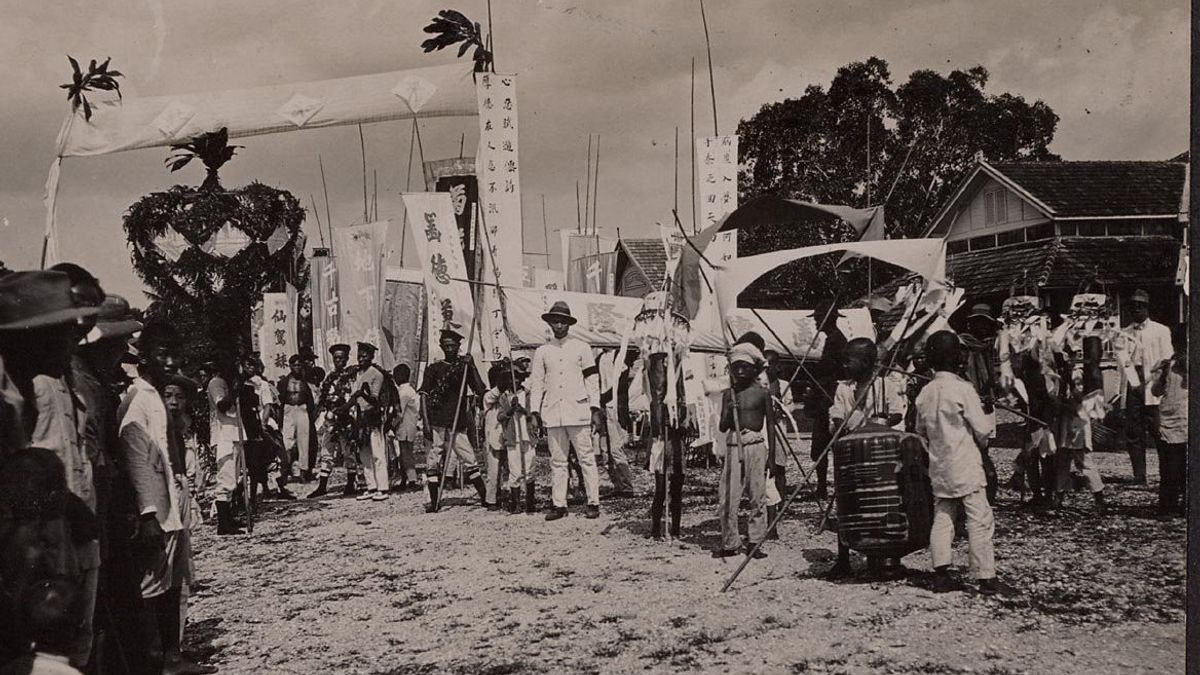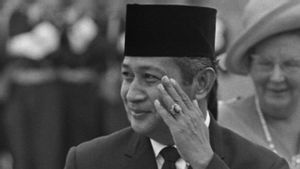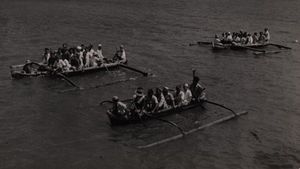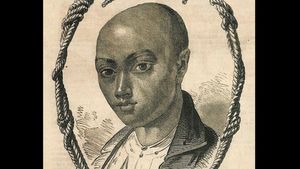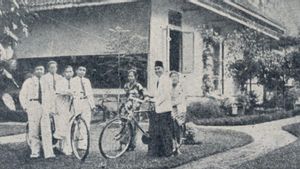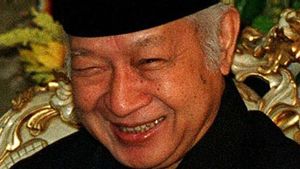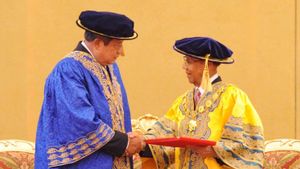JAKARTA - The Dutch colonial government was the most skilled in collecting taxes. During colonizing Indonesia, the Dutch collected taxes on many things, from head taxes to basic commodities. His shrewdness in collecting taxes not only made the Netherlands prosperous but also perpetuated its power over the archipelago. Such is colonialism.
Initially, the tax collection was limited to ethnic Chinese, who were the economic drivers. Only after that, the Bumiputras were also taxed. These taxes made the Netherlands more profitable. Meanwhile, the people of Indonesia, the host of this country, are stuck.
When building Batavia, the Governor-General of the VOC Jan Pieterszoon Coen who served twice in 1619-1623 and 1627-1629 brought many Chinese in 1619. The skills of the Chinese as an economic driver of a region became the estuary.
On various occasions, Coen has always praised Chinese immigrants as a tenacious and diligent nation. Coen began to provide various facilities and a series of privileges in Betawi, including making Chinese people second-class citizens, after Europeans.
In the aftermath, the Chinese who lived in Batavia was transformed into a superior community group. They are mostly engaged in commercial activities. They became shop owners, traders, commission agents, and field workers.
A series of professions that increasingly make the role of the Chinese people so vital. Because almost all daily needs in Batavia they provide.

“Chinese citizens who worked during the reign of the first governor-general have no complaints. This shows that Coen really appreciates its citizens. He never tolerated the British or the Dutch who treated the Chinese unfairly. Coen also does not view them as excessive taxes,” said Johannes Theodorus Vermeulen in his book Chinese in Batavia and Huru Hara 1740 (2010).
As we have discussed in the MEMORY article entitled Bujuk Atau Rayu Mereka, TKA China Harus Datang ke Nusantara, Coen's services made most Chinese people feel at home until they settled in Batavia. Moreover, the Chinese considered the greatest welfare of the colony land to be Coen's services.
Coen reciprocated this trust by appointing Souw Beng Kong as the first Chinese captain, or better known as the leader of the Chinese in Batavia. Which, Coen and Souw Beng Kong, the relationship is like two friends.
However, after Coen was out of power, some Chinese chose to leave Batavia because of the hefty taxes. However, this was immediately addressed by a series of governors-general after that.
They are trying to reduce the taxes that the Chinese have to pay. After the Chinese feel comfortable in Batavia. Taxes were raised again. However, by providing other conveniences, such as freeing them from the task of transporting land for the city walls, because they have paid head taxes.
“This means they pay five times more than other residents in terms of financing Batavia. while for the construction of City Hall or Stadhuis, they pay three times as much. Governor-General Brouwer in 1633 stated, in all respects, the Chinese population was superior to the Dutch themselves. In 1644, the Chinese contracted 17 of the 21 types of taxes levied, such as taxes on gambling, night markets, markets, export-import, and puppet shows” wrote Alwi Shahab in the book Waktu Belanda Mabuk Lahirlah Batavia (2013).
The Chinese are great tax collectors

The growth in the number of Chinese people and increasing taxes caused the scope of the Chinese Captain's duties to become wider. In order to ease his duties, in 1678 Kapitan China appointed new Chinese officers as lieutenants and sergeants.
They were the ones who helped the Chinese Captain in the administrative affairs of the Chinese population in Batavia as well as collecting taxes. Even after the VOC went bankrupt and became the Dutch East Indies, the Chinese profession – inside or outside Batavia – as tax collectors continued.
“The Chinese are also used as tax collectors on main roads, bridges, ports, bases on rivers, markets, and so on. These Chinese competed to make offers for concessions on tax collection. Because more and more people want to enter this field that is considered wet, of course, the more expensive they have to pay to these Sultans,” said Benny G. Setiono in the book Tionghoa Dalam Pusaran Politik (2008).
Once the Chinese were so effective as tax collectors, they gained the trust of many people, including from the kingdoms of the Archipelago and England. On that basis, the Colonial government began to entrust an important financial source called the Pacht to the Chinese.
Pacht was a system in which the monopoly or tax rights of political rulers, Dutch or Javanese, were sold to Chinese traders in public auctions. After that, they can collect taxes, customs, opium sales, pawnshops, transportation, crossings by the river, market taxes, and so on.
Usually, the term of the Pacht is limited to one year or more. Pacht was not only a source of money for the colonial government but also a source of wealth for the Chinese. Because Pacht holders also carry on trading activities, selling imported goods to villages, and buying agricultural products from the bumiputras.
“(Chinese) officers can get Pachts at a cheaper price than other traders. Because the position of this officer has traditionally been in the hands of several families, the most important source of wealth is also in the hands of a group of Peranakans. Be a family of officers who are hoarders of capital, capitalists, apart from being a 'protector' (patron) among the Chinese people”, added historian Ong Hok Ham in the book Wahyu yang Hilang, Negeri yang Guncang (2018).
As a result, the Dutch income which made the Chinese Pacht holders – tax collectors – increased sharply. In that context, they became excellent tax collectors, as well as being able to increase income from taxes to the Dutch treasury. Even in the 1877 period, the income to the Dutch treasury was actually more from taxes than the sale of agricultural products.
“In 1877, state revenues fell to 143.351 million, 42.377 million of which came from various products, and 46.001 million from taxes. For the first time in the history of the Batavian administration, tax revenues were greater than products. This development was more visible in 1897 when tax revenues were 53 million and products were only 10 million”, concluded Bernard HM Vlekke in the book Nusantara (1959).
*Read other information about HISTORY or read other interesting articles from Detha Arya Tifada.
Other MEMORIES
SEE ALSO:
The English, Chinese, Japanese, Arabic, and French versions are automatically generated by the AI. So there may still be inaccuracies in translating, please always see Indonesian as our main language. (system supported by DigitalSiber.id)
